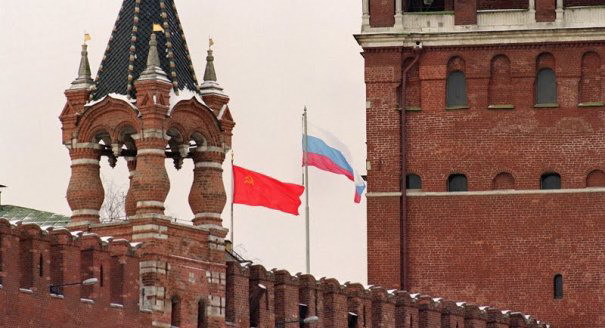I remember the August of 1991, though I was just a young boy at that time. And I remember disputes between my relatives whether they should be in the crowd near the so-called "White House" in Moscow that gathered to defend the Russian government in the days of the putsch. Finally, several of them joined this crowd of Yeltsin supporters. Later, some of these people became disappointed by this politician.
I remember the curfew regime in Baku, Azerbaijan (at that time still part of the Soviet Union) where I happened to come that summer. There were talks there about a possible evacuation of the Russian community from the republic. This never happened, but many people had to emigrate.
The Soviet Union’s collapse and disintegration did not come all at once. It was a long process, which is still unfinished. During those years, there was everything: crowds in the streets, clashes, tanks and gunmen, life becoming more and more expensive and dangerous, Chechnya, and many other challenges.
But in a teenager’s life all this was just behind the scene. On the scene there was an ordinary family struggle for survival. There were many families like mine. But I still cannot comprehend how my late mother could successfully manage a myriad of problems of those days. It seemed all but impossible.
Instability, unpredictability, and insecurity of the 1990s became a good launching pad for the current leadership of Russia. Thus stability, predictability, and security became the main values of 2000s. This can be understood.
The question is what will be the main values of the new generation that does not have the experience of the 1990s? The political development of Russia clearly depends on the answer to this question.
